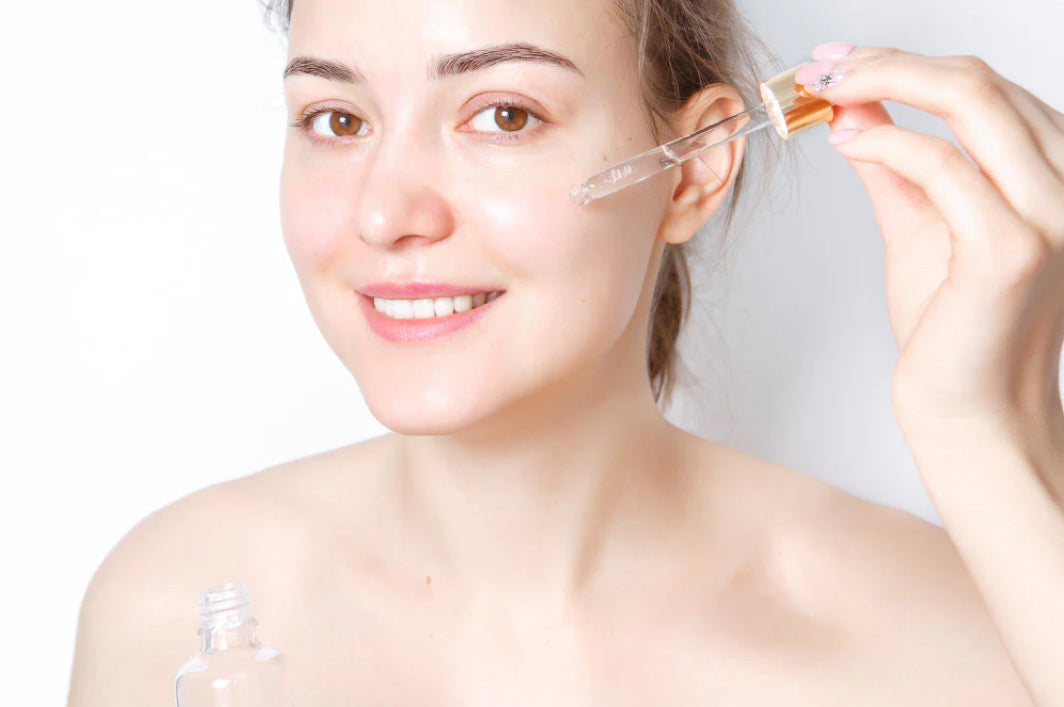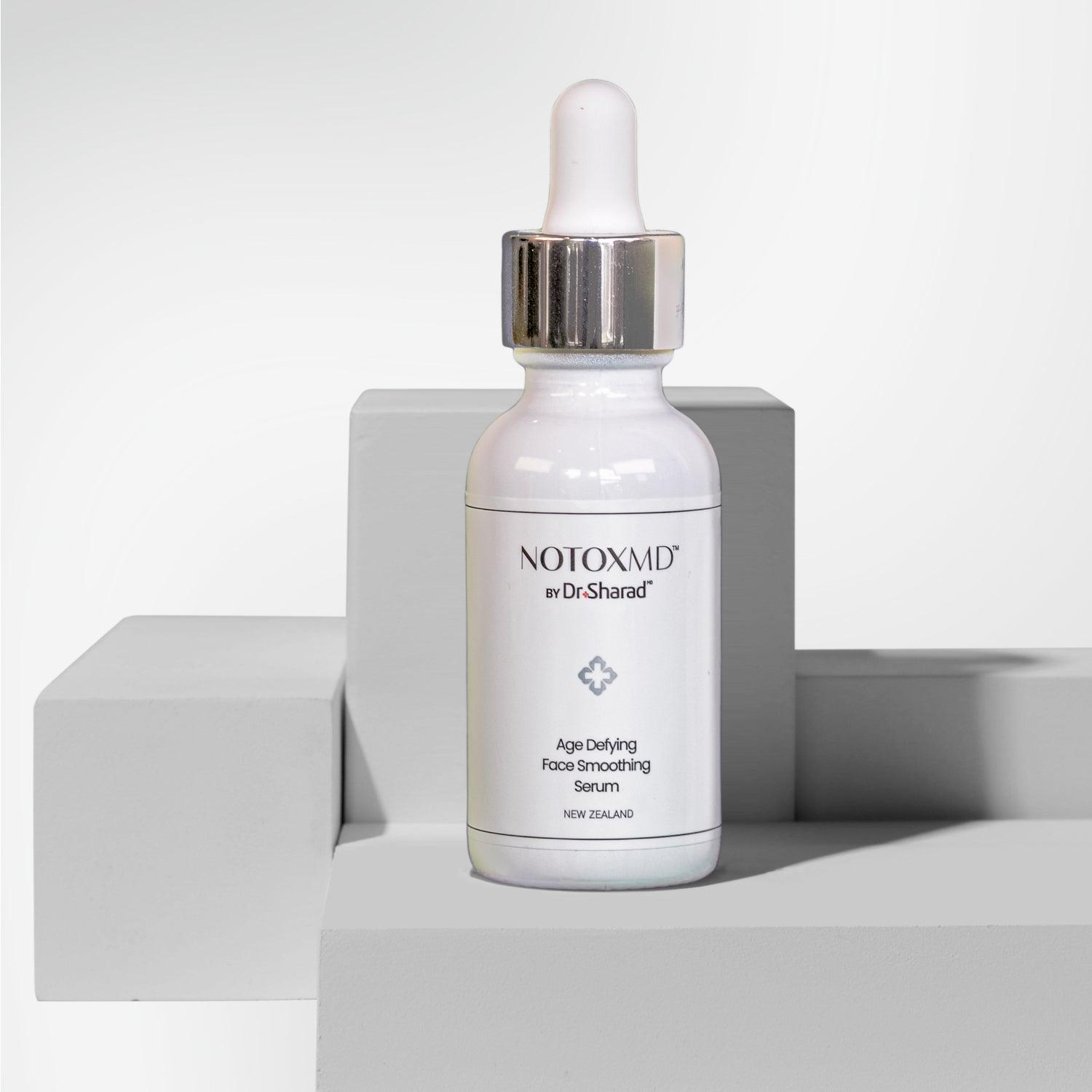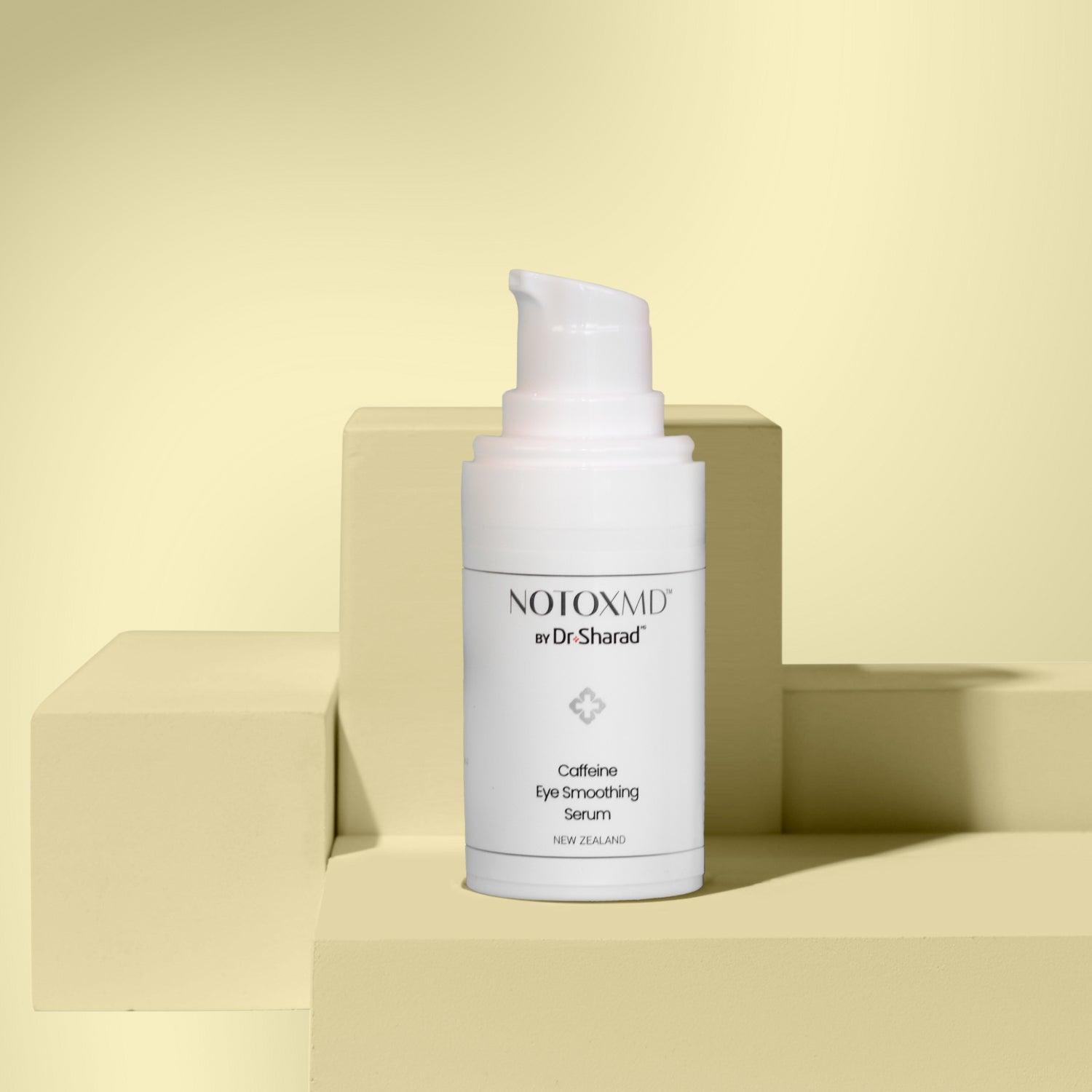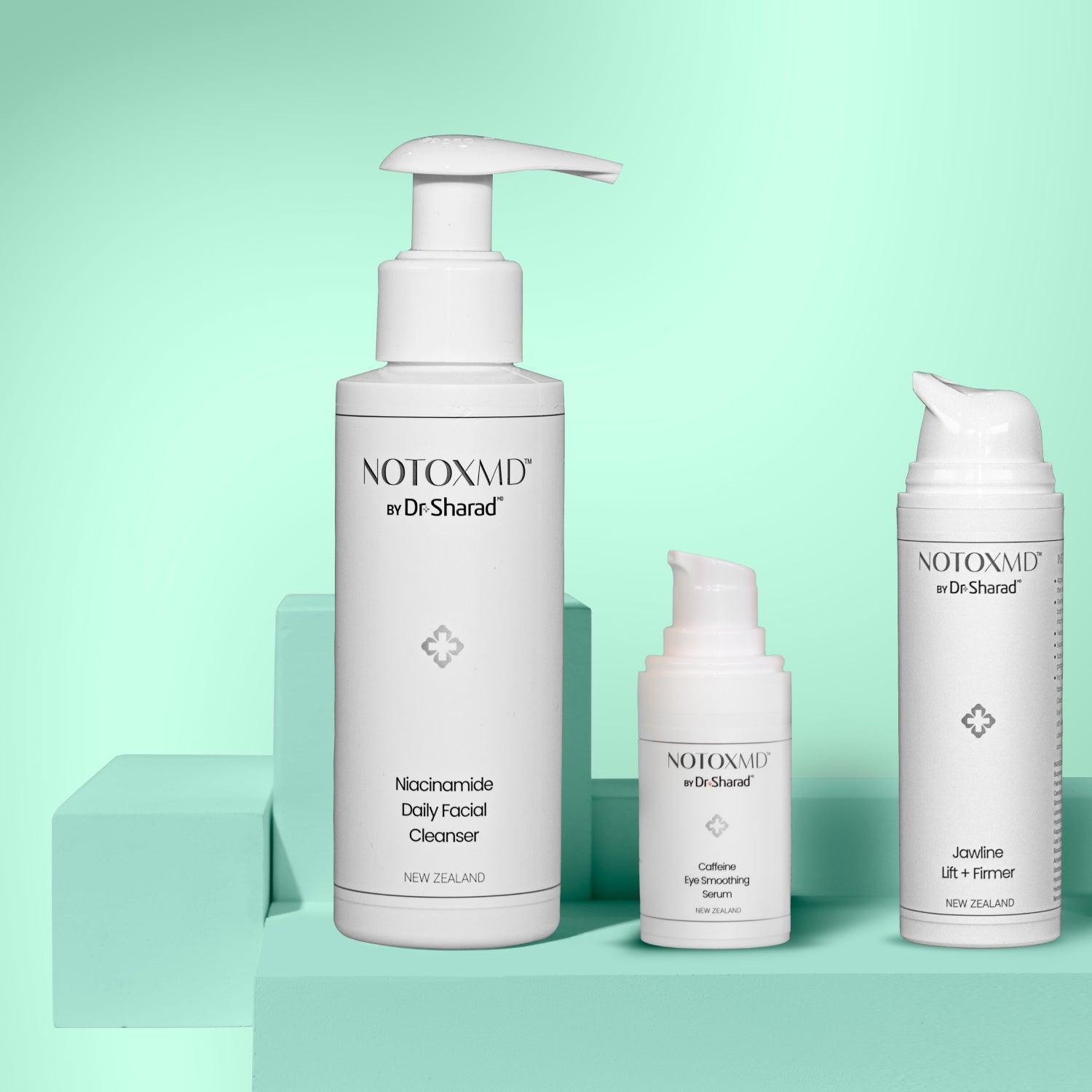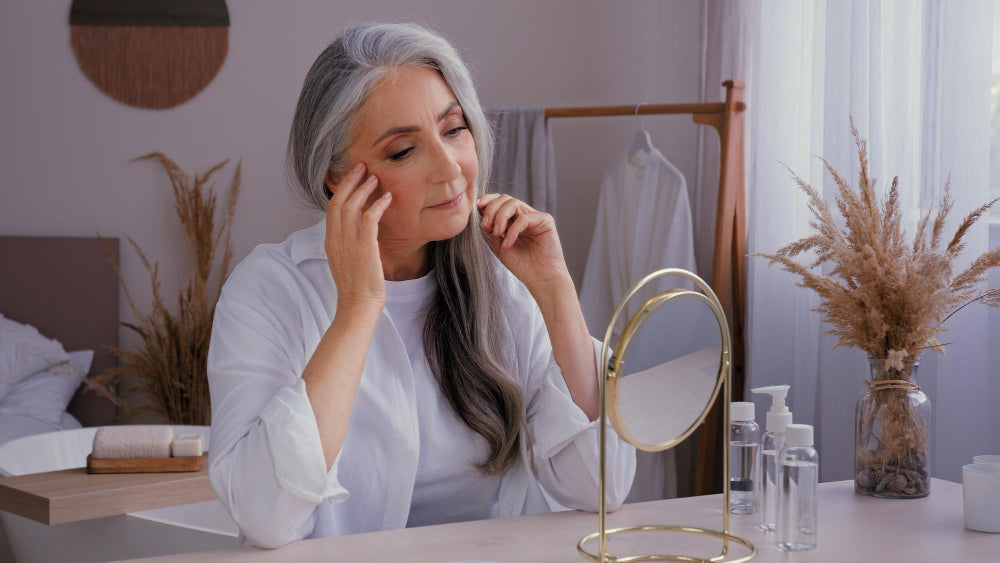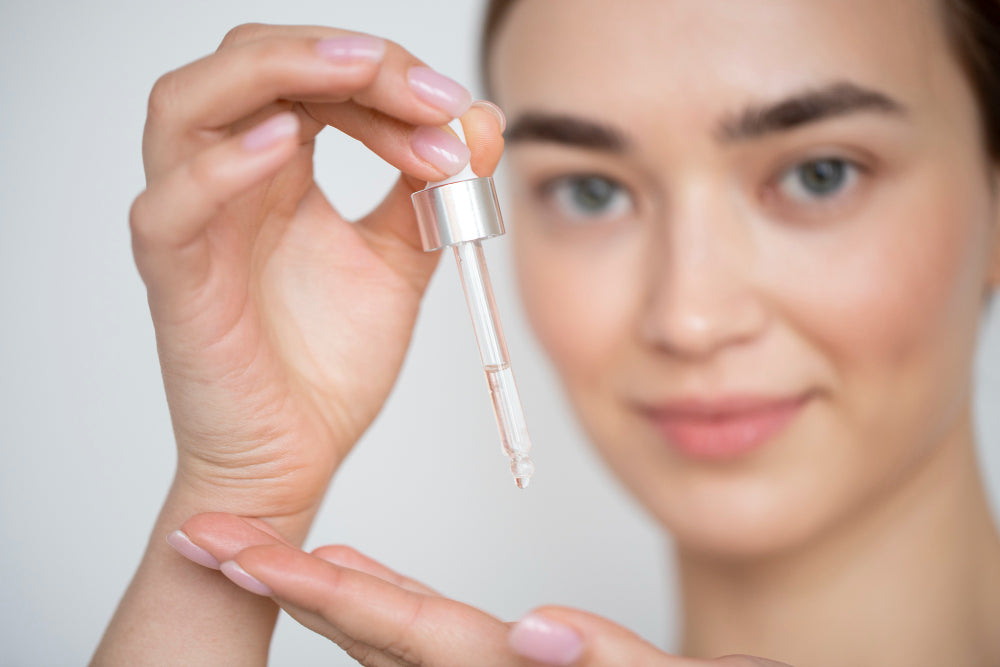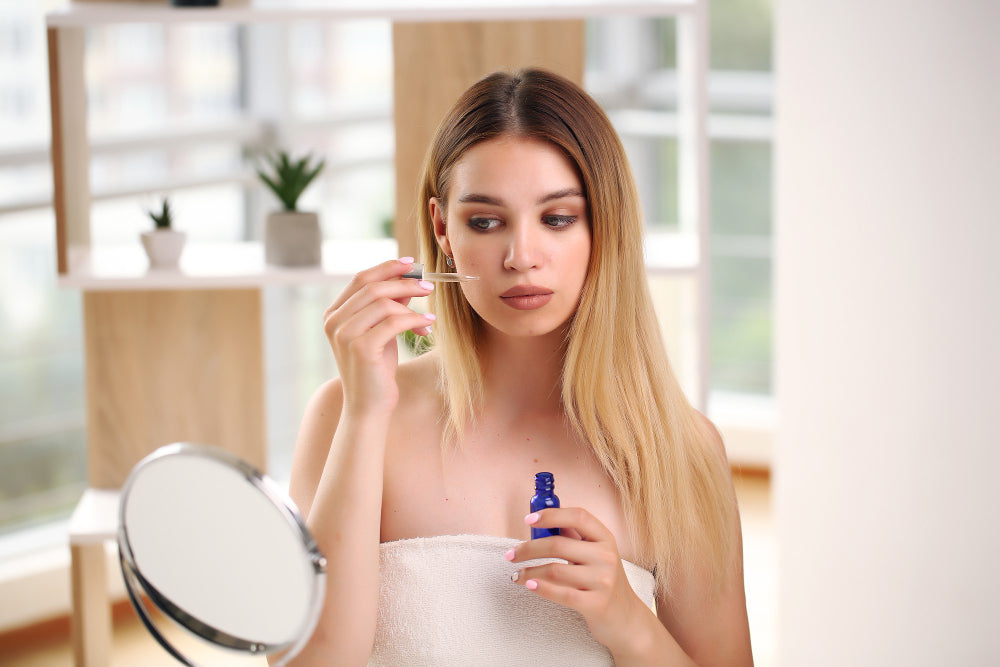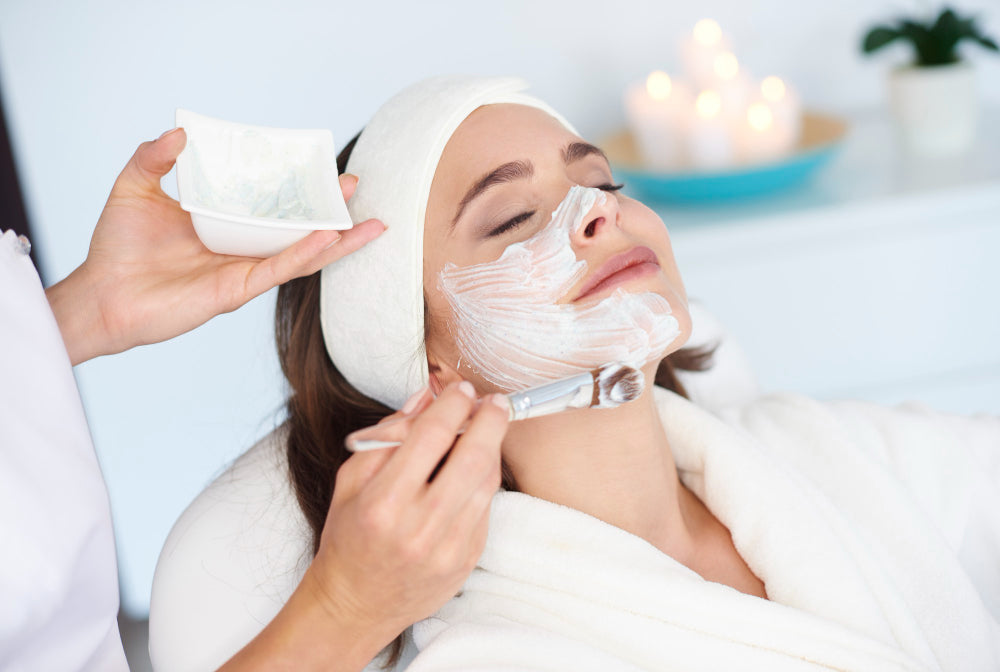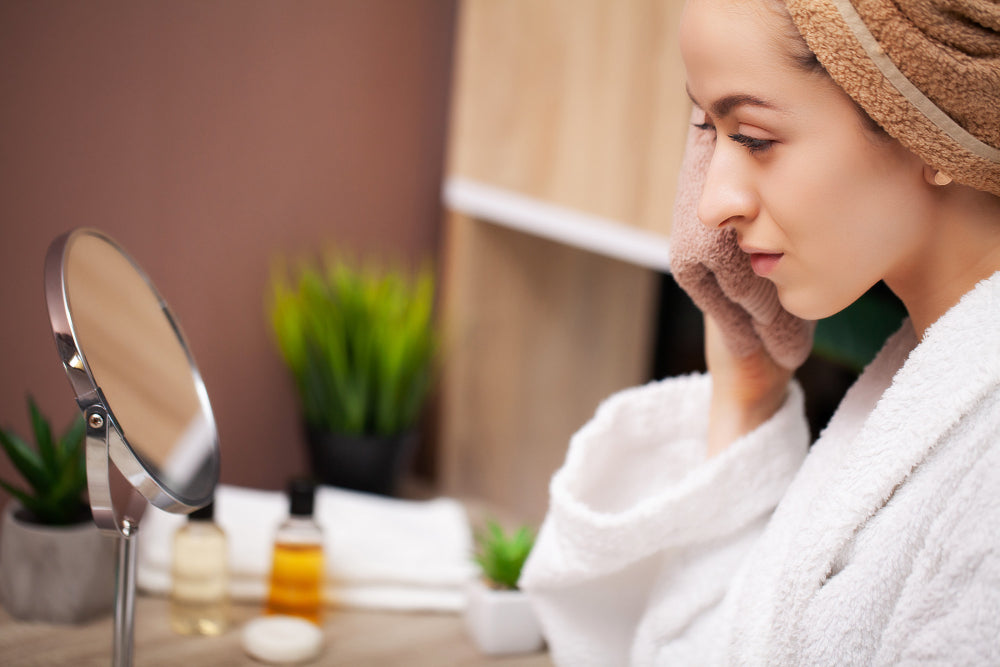Looking to smooth out those pesky wrinkles? You've probably come across two powerhouse ingredients: peptides and retinol. But with so much skincare jargon floating around, which one wins in the fight against wrinkles?
If you can use copper peptides with retinol, here's your answer: Yes, you can use copper peptides with retinol, but it's important to patch-test and introduce them gradually to avoid irritation.
Need more clarity? Don't worry; this blog post will guide you to learn more about peptides vs. retinol so you can pick the perfect weapon for your unique skin.
The Gentle Messenger: Peptides
Imagine tiny messengers that tell your skin to produce more collagen and elastin, the building blocks of youthful firmness. That's what peptides do! They're generally gentler on the skin, making them a good choice for those with sensitive skin or those new to anti-aging routines. Peptides can also help with hydration and soothe irritation.
The Powerhouse Player: Retinol
Retinol, a vitamin A derivative, is a heavyweight in skincare. It speeds up cell turnover, revealing a brighter, smoother complexion. It's highly effective against wrinkles, sun damage, and even acne. However, retinol can be irritating, especially for beginners.
Retinol vs Peptides, Which is Better for Wrinkles: Retinol or Peptides?

The truth is, there's only one winner. Here's a breakdown to help you decide:
- Sensitive Skin? Choose Peptides: If your skin is easily irritated, peptides are your friend. They offer a gentler approach to reducing wrinkles and improving texture.
- Want Faster Results? Retinol is the way to go for more dramatic results, particularly on deeper wrinkles and sun damage. Just be prepared for a potential adjustment period with some dryness or redness.
- Consider Your Age: Preventative care? Peptides are great! Already seeing wrinkles? Retinol can help tackle them.
Can You Use Peptides and Retinol Together?

You bet! Peptides and retinol can be a winning combination, with peptides calming the potential irritation of retinol while boosting its effectiveness.
Using peptides and retinol together can deliver powerful anti-aging results. However, it's important to introduce them gradually and listen to your skin's response. Start using one ingredient in the morning and the other in the evening to minimize potential interactions.
If you experience any irritation or sensitivity, consider using them on alternate days or seek advice from a dermatologist.
Can You Use Copper Peptides with Retinol?
Copper peptides, like regular peptides, are known for their collagen-boosting properties. Using copper peptides with retinol is generally safe if you gradually introduce them into your skincare routine.
Start using each ingredient separately to assess your skin's tolerance before combining them. It's important to note that copper peptides are more sensitive to pH, so it's best to apply them separately or alternate their usage.
Remember:
- The best way to get answers to various burning skin-related questions is to get hands-on experience after a decent amount of research.
- Always patch-test new products before slathering them all over your face.
- Introduce new ingredients gradually, allowing your skin to adjust.
- Sunscreen is essential, no matter which option you choose!
Best Anti-Aging Benefits: Peptides Vs. Retinol

Checkout the skin-reviving benefits of using the two in your skincare routine:
1. Wrinkle Reduction
Both peptides and retinol are effective in reducing the appearance of wrinkles. However, peptides primarily promote collagen synthesis, while retinol stimulates cell turnover and collagen production.
This means that retinol may deliver quicker results in terms of wrinkle reduction.
2. Skin Sensitivity
Peptides are generally well-tolerated and suitable for all skin types, including sensitive skin. Retinol, however, can cause skin irritation, dryness, and peeling, especially during the initial stages of use.
We advise to start with a lower concentration of retinol and gradually increase it to minimize potential side effects.
3. Long-Term Skin Health
Peptides contribute to long-term skin health by promoting the production of essential proteins like collagen and elastin, which help maintain skin elasticity and firmness over time.
Retinol, with its ability to increase cell turnover and stimulate collagen synthesis, also supports overall skin health by improving texture and reducing the signs of aging.
4. Versatility
Peptides offer versatility in skincare formulations, as they can be combined with various ingredients to target specific skin concerns. They are often found in moisturizers, serums, and eye creams, making them suitable for incorporating into daily skincare routines.
Retinol, while powerful, may require more careful usage due to its potential to cause irritation, limiting its versatility for some individuals.
Additional Benefits
While both peptides and retinol target wrinkles, peptides offer additional benefits such as improving skin hydration, soothing inflammation, and enhancing skin barrier function.
Besides, you can also avoid other skin issues like sagging skin using this duo. On the other hand, Retinol is known for its effectiveness in treating acne, reducing hyperpigmentation, and improving overall skin texture.
And remember, you can always switch things up or even consider using them together for a truly winning anti-aging routine! Take Glycolic Acid and Niacinamide, for example. Use them together to enhance skin hydration by attracting moisture to the skin's surface.
The Final Verdict: Peptides Vs Retinol
There needs to be a clear winner here. Both peptides and retinol are fantastic ways to tackle wrinkles. Knowing their strengths and weaknesses lets you choose the best option for your skin's unique needs.
The above comprehensive comparison of peptides and retinol was helpful for you. So, whether you opt for peptides, retinol, or a combination, remember that consistency and patience are key to achieving smoother, more youthful-looking skin.
Explore More: Discover Related Articles:

